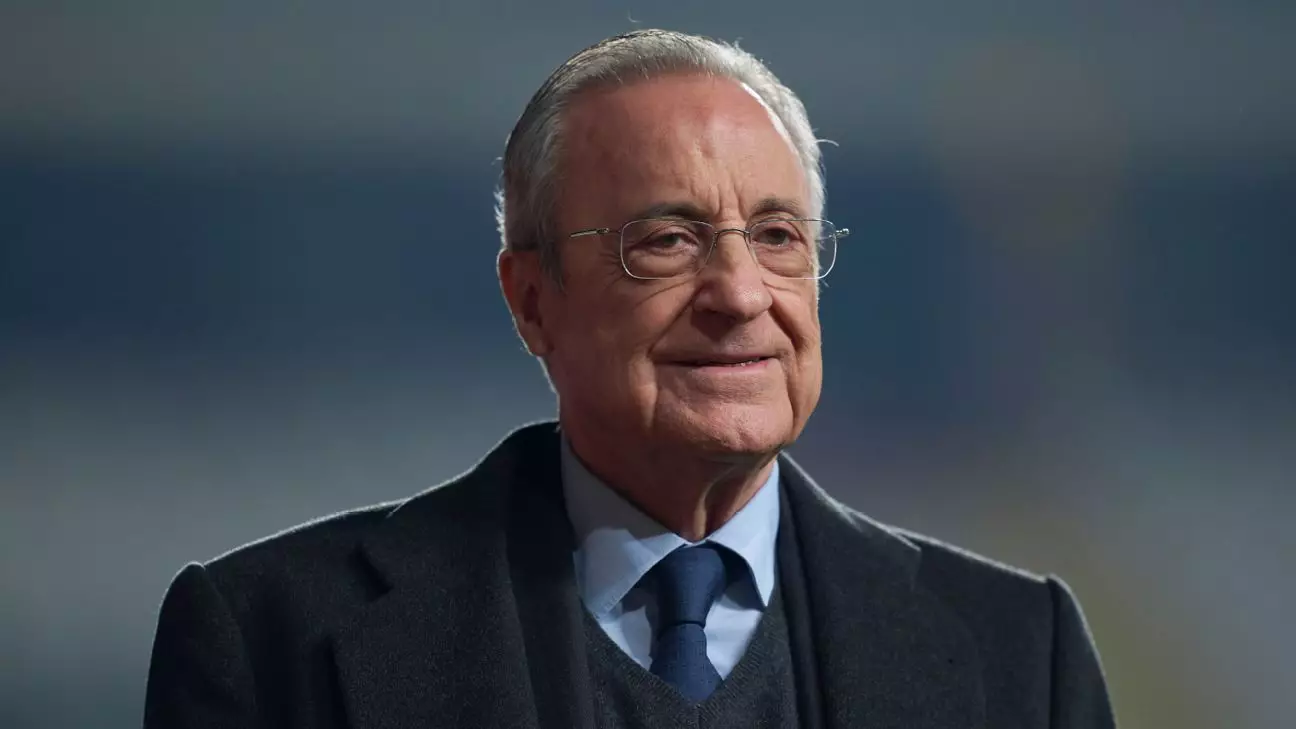Real Madrid, the revered powerhouse of world football, is set to embark on a pivotal journey as president Florentino Pérez has initiated preparations for the upcoming presidential elections. The call for a board meeting on January 7, 2025, marks a significant step toward establishing the leadership of one of the most iconic clubs in LaLiga history. Since Pérez’s return to the presidency in 2009, he has been a dominant figure, securing re-election without any contenders—a testament to both his influence and the club’s stability under his reign.
Pérez first made headlines in 2000 during the club’s illustrious “Galactico” era, where he revolutionized not just the squad but also the footballing world by attracting some of the sport’s biggest stars. After a brief resignation in 2006, he returned in 2009, once again taking the lead in transforming Real Madrid into a footballing juggernaut. His nearly uninterrupted tenure has resulted in numerous accolades, including an astonishing 37 trophies, with six Champions League titles achieved in just the last decade—an unprecedented feat in club football.
The regulatory framework governing Real Madrid’s presidential elections is rigorous, reflecting the prestigious nature of the club. Candidates must have been members for a minimum of 20 years, showcasing a long-term commitment to the institution. Furthermore, they are required to guarantee 15% of the club’s budget personally, a stipulation that both underscores the financial responsibility inherent in the role and limits the pool of potential candidates considerably. This exclusivity often helps to maintain a level of decency and seriousness in candidates, ensuring that only the most qualified individuals, with proven loyalty and financial capabilities, can vie for the presidency.
Despite these stringent requirements, questions linger about the future leadership of Real Madrid. As voting approaches, fans and stakeholders alike are eager to see whether Pérez’s stronghold will continue or if a new face will emerge to take the helm. The outcomes of these elections could significantly influence the club’s strategic direction and financial management.
Presidential elections at Real Madrid are not merely a formality; they encapsulate the aspirations and ambitions of a global club with millions of devoted fans. As the club prepares to transition into the next electoral cycle, the importance of effective leadership becomes glaringly evident, especially in light of the changing dynamics in European football. The club must adapt to an increasingly competitive landscape featuring clubs with hefty financial backing and strategic prowess.
As the world eagerly awaits the results and potential candidates, the impending elections will offer an opportunity for reflection on Pérez’s legacy while also paving the way for the club’s future. The leadership choice made during this electoral cycle could reshape Real Madrid’s trajectory, impacting everything from talent acquisition to long-term financial strategies.
Ultimately, the stakes are high, and the decisions made in the upcoming presidential elections will be pivotal in determining how Real Madrid continues to chart its illustrious course in football history. As fans remain hopeful for sustained success, one thing is certain: the legacy of Real Madrid hangs in the balance, intertwined with the leadership that will guide it into the future.

